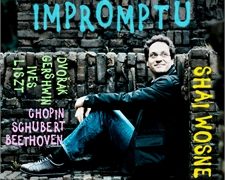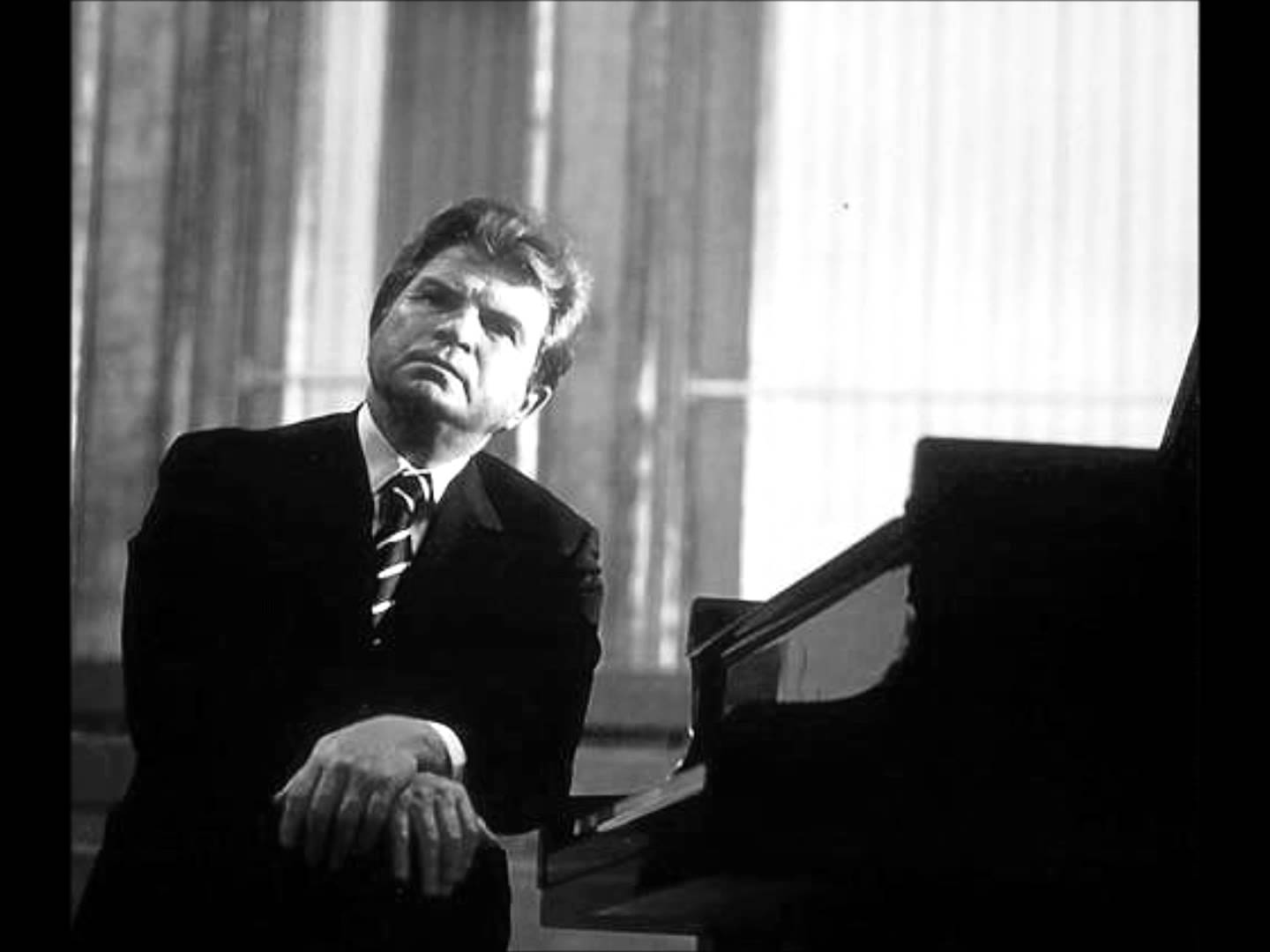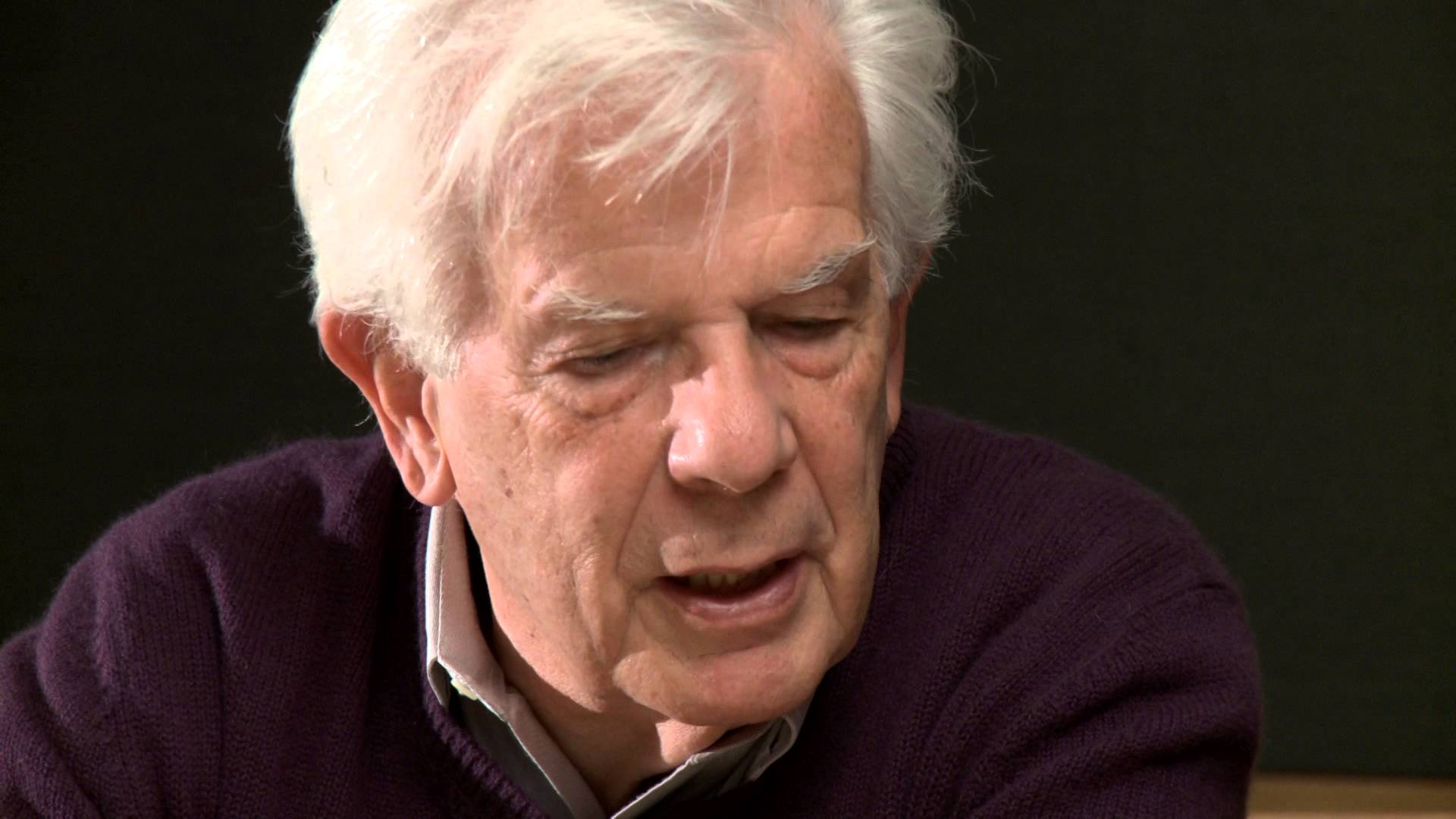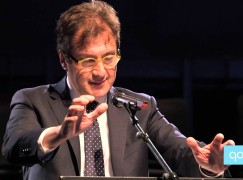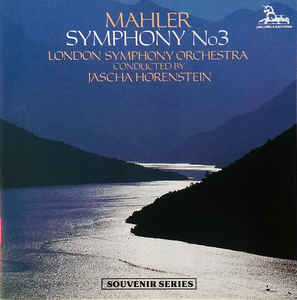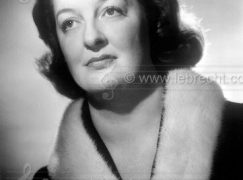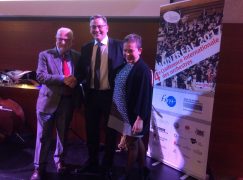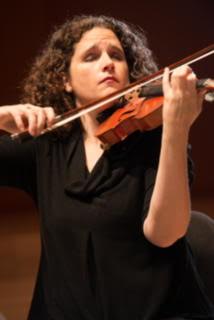I am on the 29 bus on the way home from my first rehearsal with the Berlin Philharmonic.
I love the 29 – it cuts through Berlin from the funkiness of Kreutzberg, through the middle of town (Checkpoint Charlie), and onto Charlottenberg, with the glitter and glam of K-Damm and the Michael Kors and dogs wearing Chanel. It is a double decker, and in this way, feels like a free sight-seeing tour through Berlin. I have my favorite seat – top front window.
This week I was busy preparing my part for Heldenleben, on the viola. I wanted to arrive with the part well-in-hand so I could get maximum enjoyment from every part of this amazing experience. I had a “check-up” lesson with my brother-in-law, and I got the green light.
I have been very nicely asked to refrain from comment about my time while in my seat at orchestra – and so I will talk a little about my preparation and about the most hilarious standpartner I have ever had. I will say, however, that I feel as if I have just taken a four-hour bath in the most glorious Bouillabaisse in the world. Each instrument, each section has a full-bodied character, and the broth – oh, the broth…….
In my mid-20’s I experienced my one-and-only injury which was caused by playing (the others were just silly knife slippages or random sports injuries). I had been playing viola in the Avalon Quartet for 4 years, and in the mean time had met Jason and begun the Amelia Piano Trio. There was a sweet time when Quartet and Trio were both running with full pistons, which of course meant that I was doing double duty and playing two different instruments. My right forearm started to burn and have consistent pain. I went to Dr. Alice Brandfonbrener, one of the foremost classical music doctors in the country (who happened also to be a family friend and neighbor from my childhood). She asked me to bring my instruments. I played for her – and she said – “Anthea, there is nothing wrong with your position, but I have something to say to you that you won’t want to hear”. I told her to go ahead. She said, “I have been watching you play since you were a little girl, and I know you love to play both instruments. But, you are on a collision course, and I must advise you, as your doctor, to pick one instrument over the other, and you and I both know that the instrument you have to give up is viola”.
Well, I certainly didn’t want to hear this. My whole personality is based on the word “yes”, and I knew I could do it. That day I began to experiment, knowing I had to try to find a solution. And, indeed I did – I continued in the quartet for another three years before committing to Trio full-time. And here is what my solution was.
I made a mandatory down-time between instruments of four hours. And I couldn’t switch back the same day. This was an absolutely firm line – if I pushed it, my arm would react. But then, what to do if I ended the day on viola but had to practice violin for the next morning? I made the mistake before of switching back – it didn’t work. So – I decided to practice all rep on the final instrument, no matter which instrument or what rep. So – I practiced violin parts on the viola, learned Bartok quartet viola parts on the violin. Then I would just switch back to the right instrument when the time came.
Because the amount of playing I am doing these days is so intense, and because I am 20 years older, my arm is more fragile. Now I only play one instrument per day. So – that is how I learned Heldenleben this week. On the violin. Then, I switched to the viola permanently the night before the first rehearsal, and the violin will go dark for five days. I will practice my violin rep on the viola in the mean time. Strange, I know, but it works. It totally works.
Funny Standpartner Story:
Dennis Kim was my standpartner at Curtis. He is from Toronto, and has a mischievous look about him, but only if certain people look at him – to most people he looks serious and well-intentioned. He plays it close to the vest, and he was quiet during rehearsals. At Curtis, at least when I was there, they would have two orchestra rehearsals per week with a full program, then have an open concert on Saturdays. New rep every week. That is a pretty quick turn-around, and so everyone’s sightreading chops became honed quickly, because there was no other choice. To pick up a pencil during rehearsal was embarrassing – and let’s not even mention those poor unfortunate souls who would dare to bring their music home to practice. Oh my goodness.
So – a couple of weeks into school, we are playing our Saturday concert, and a subito FF appears, and I go for it. But, I am the only one in the orchestra. Dennis doesn’t play the FF and doesn’t even look at me. Deadpan. Then I play a couple of really strange notes – again, Dennis seems to play the ones everyone else is playing. I am mortified.
I take a close look at the part after orchestra, and notice that those markings are made in a very fine hand, to look just like printed markings, but done with a pencil. Dennis denies any wrong doing, and I notice he never takes the part home. The next week I am on guard to notice anything different in the part during the concert that wasn’t there in rehearsal. I catch a couple of things, but still lay down a couple of real dosies – surprise solos. He never really admitted any wrong-doing, and these “mystery marking” continued for my entire time as his standpartner – this was a crafty sly fellow with a big laugh and a twinkle in his eyes.
He has gone on to be concertmaster of the Hong Kong Philharmonic, and now is concertmaster of Buffalo. I asked him the other day if I could talk about what a terrible standpartner he was on the Diary, and if I could use his name, and he said – “of course you have to use my name – I finally need credit!”. Ha ha. Greetings Dennis!
